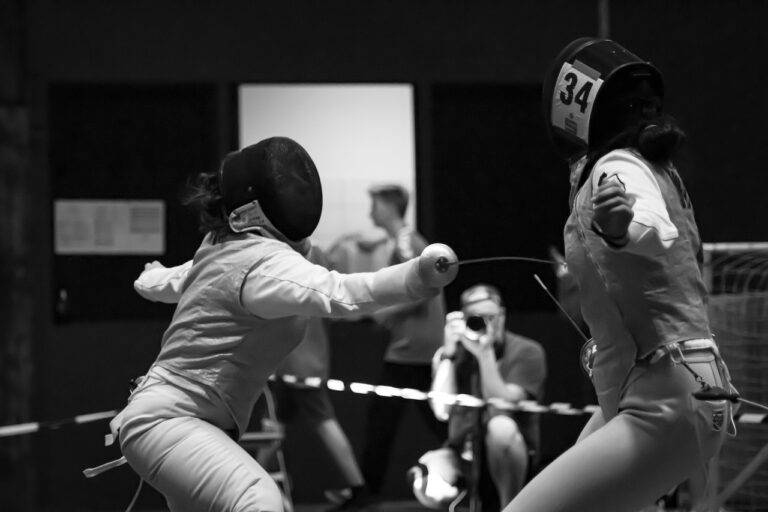The Evolution of IPL Broadcasting Rights: Challenges and Opportunities
Play99exch, Allpaanel: The broadcasting rights for the Indian Premier League (IPL) have become a significant aspect of the tournament’s operations over the years. The IPL is one of the most popular cricket leagues globally, attracting a massive viewership both domestically and internationally. As a result, the competition for securing broadcasting rights has intensified among various broadcasters striving to tap into the lucrative market and reach millions of cricket enthusiasts.
The IPL broadcasting rights encompass a wide array of media platforms, including television, digital streaming services, and radio. These rights grant broadcasters the exclusive privilege to air live matches, highlights, and other related content, giving them a competitive edge in the highly competitive sports media landscape. The revenue generated from the sale of broadcasting rights forms a substantial portion of the IPL’s overall income, contributing to the league’s financial sustainability and continued growth.
Historical Background of IPL Broadcasting Rights
The historical backdrop of IPL broadcasting rights unveils a dynamic evolution over the years. Since the inception of the Indian Premier League in 2008, the battle for broadcasting rights has been keenly contested by various media giants. The initial years witnessed a shift in power dynamics as different players entered the fray, vying for the lucrative opportunity to broadcast one of the most popular cricket leagues worldwide.
As the IPL continued to captivate a global audience, the competition for broadcasting rights intensified. The soaring viewership numbers and the immense popularity of the tournament led to escalating bids from media companies eager to secure exclusive rights. This trend has not only highlighted the commercial significance of the IPL but also underscored the strategic importance of securing broadcasting rights in the fiercely competitive sports media landscape.
What is the IPL Broadcasting Rights?
The IPL Broadcasting Rights refer to the rights given to television networks or streaming platforms to broadcast the Indian Premier League matches.
How are the IPL Broadcasting Rights obtained?
The IPL Broadcasting Rights are obtained through a competitive bidding process conducted by the Board of Control for Cricket in India (BCCI).
When did the concept of IPL Broadcasting Rights begin?
The concept of IPL Broadcasting Rights began when the first season of the Indian Premier League was held in 2008.
Which network/platform has held the IPL Broadcasting Rights for the longest time?
The network/platform that has held the IPL Broadcasting Rights for the longest time is Sony Pictures Networks India, which held the rights from 2008 to 2017.
How have the IPL Broadcasting Rights evolved over the years?
The IPL Broadcasting Rights have evolved over the years with an increase in the value of the rights due to the growing popularity of the IPL.
How do the IPL Broadcasting Rights impact the revenue of the BCCI?
The IPL Broadcasting Rights play a major role in generating revenue for the BCCI, as the broadcasting deals are one of the biggest sources of income for the board.
Are there any restrictions on the broadcasting of IPL matches?
Yes, there are restrictions on the broadcasting of IPL matches, as the rights holders have to adhere to certain guidelines set by the BCCI regarding the broadcast of matches.







